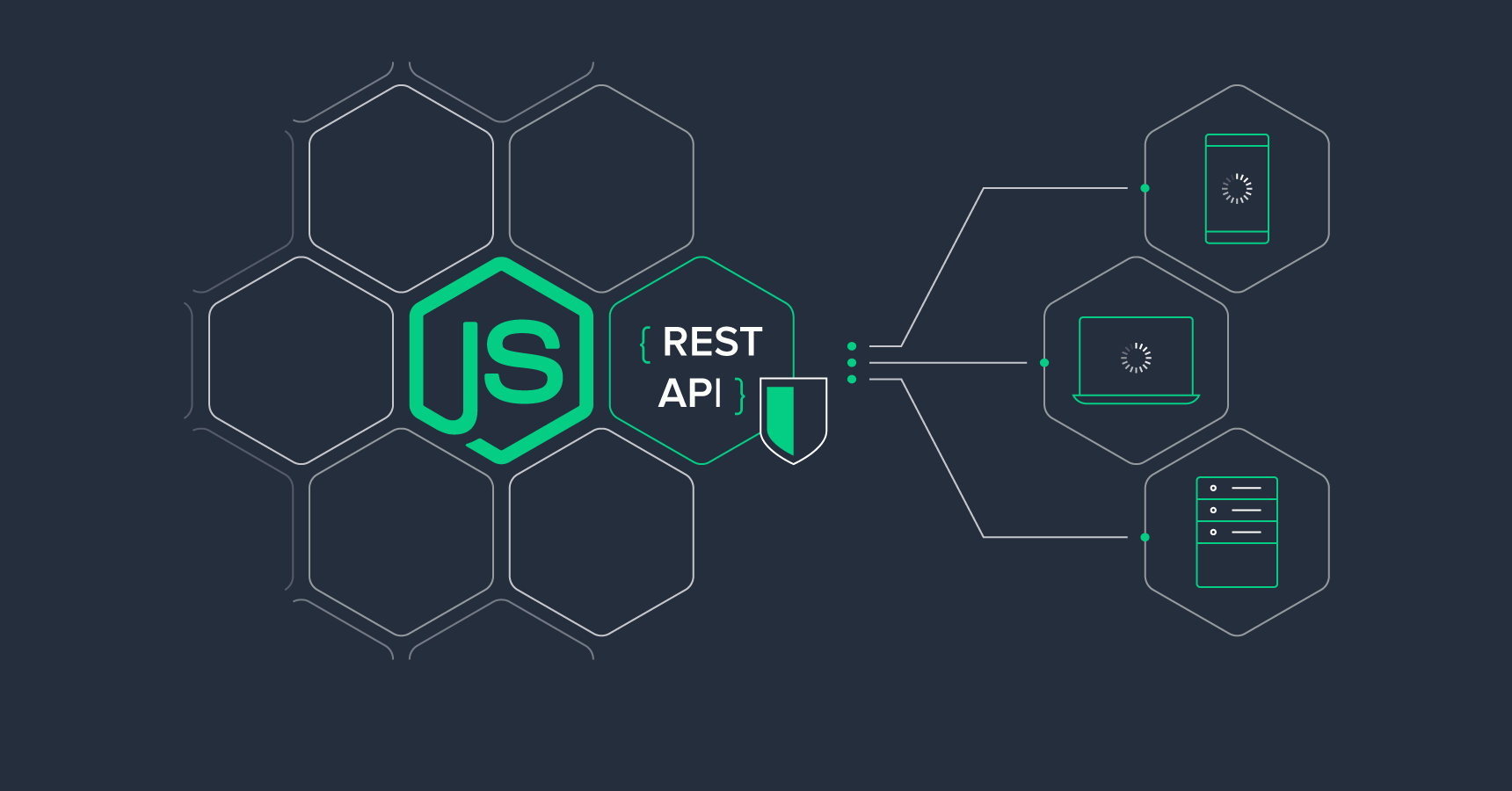Electron.js is a popular framework that allows developers to build cross-platform desktop applications using web technologies such as HTML, CSS, and JavaScript. One of the key advantages of Electron.js is its ability to integrate third-party libraries, which can help developers add new features and functionality to their applications. In this article, we will discuss the strategies and examples of integrating third-party libraries with Electron.js.
1. Introduction
Electron.js is a popular framework that allows developers to build cross-platform desktop applications using web technologies such as HTML, CSS, and JavaScript. One of the key advantages of Electron.js is its ability to integrate third-party libraries, which can help developers add new features and functionality to their applications. In this article, we will discuss the strategies and examples of integrating third-party libraries with Electron.js.
2. Understanding Third-Party Libraries
Definition
A third-party library is a collection of pre-written code that can be imported into a software project to extend its functionality. These libraries are typically created by independent developers or companies and can be used to perform specific tasks within a project.
Importance
Third-party libraries can save developers a significant amount of time and effort by providing pre-written code that can be easily integrated into their projects. This allows developers to focus on the unique aspects of their projects, rather than spending time writing code for common tasks.
Advantages and Disadvantages
Integrating third-party libraries with Electron.js has several advantages, including:
- Faster development time
- Improved code quality
- Increased functionality
- Reduced development costs
However, there are also some disadvantages to using third-party libraries, including:
- Dependency issues
- Compatibility issues
- Security risks
3. Strategies for Integrating Third-Party Libraries with Electron.js
Choosing the Right Library
When choosing a third-party library to integrate with Electron.js, it is important to consider several factors, including:
- The library’s functionality
- The library’s compatibility with Electron.js
- The library’s popularity and community support
Installing the Library
Once a library has been chosen, it can be installed using a package manager such as npm or yarn. This will download the library and any required dependencies and make them available for use within the project.
Loading the Library
After the library has been installed, it can be loaded into the project using the require() function. This function is used to load Node.js modules, including third-party libraries.
4. Examples of Third-Party Libraries Integration with Electron.js
jQuery
jQuery is a popular JavaScript library that simplifies HTML document traversal and manipulation, event handling, and Ajax interactions. It is commonly used to add interactivity to web pages.
To integrate jQuery with Electron.js, simply install it using npm or yarn, and then load it into the project using the require() function. Once loaded, jQuery can be used to manipulate the HTML elements within the Electron.js application.
React.js
To integrate React.js with Electron.js, first, it needs to be installed using npm or yarn. After installation, React components can be added to Electron.js applications just like in any other web application. This allows developers to create interactive user interfaces within their Electron.js applications.
Node.js
Node.js is a JavaScript runtime built on Chrome’s V8 JavaScript engine. It allows developers to run JavaScript code outside of a web browser, making it useful for server-side applications and command-line tools.
Since Electron.js is built on top of Node.js, integrating Node.js with Electron.js is relatively straightforward. Developers can use Node.js modules within their Electron.js applications to perform various tasks, such as file system operations, network requests, and more.
5. Best Practices for Integrating Third-Party Libraries with Electron.js
Keeping the Library Up-to-Date
Third-party libraries should be kept up-to-date to ensure that they are compatible with the latest versions of Electron.js and to address any security vulnerabilities or bugs. Developers should regularly check for updates and incorporate them into their projects.
Testing the Library
Before integrating a third-party library into an Electron.js application, it is important to test it thoroughly to ensure that it works as expected and does not introduce any compatibility issues or bugs.
Handling Dependencies
Third-party libraries often have dependencies on other libraries or modules. Developers should ensure that all necessary dependencies are installed and that there are no conflicts with other libraries or modules within the project.
6. Conclusion
Integrating third-party libraries with Electron.js can help developers add new features and functionality to their applications, while saving time and effort. When choosing and integrating third-party libraries, it is important to consider factors such as compatibility, functionality, and community support. Additionally, keeping libraries up-to-date, testing them thoroughly, and handling dependencies are key best practices for ensuring a successful integration.
7. FAQs
- Can any third-party library be integrated with Electron.js?
- Generally, yes. However, it is important to consider compatibility, functionality, and community support before integrating a library.
- How often should third-party libraries be updated?
- Third-party libraries should be updated regularly to ensure compatibility and address security vulnerabilities or bugs.
- What should be done if a third-party library introduces compatibility issues or bugs?
- Developers should test third-party libraries thoroughly before integrating them and handle any dependencies properly to avoid conflicts. If compatibility issues or bugs arise, developers should address them as quickly as possible.
- Can Node.js modules be used within Electron.js applications?
- Yes, since Electron.js is built on top of Node.js, developers can use Node.js modules within their Electron.js applications.
- Are there any security risks associated with using third-party libraries?
- Yes, using third-party libraries can introduce security risks, such as vulnerabilities or backdoors. It is important to choose reputable libraries with good community support and regularly update them to address any security issues.





